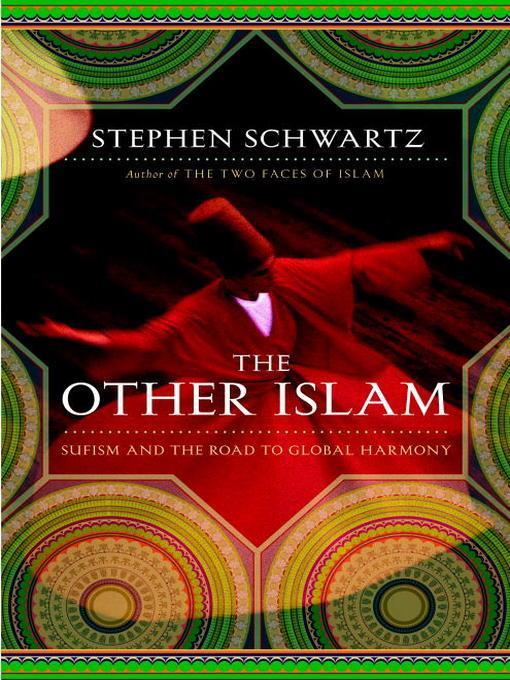
The Other Islam
Sufism and the Road to Global Harmony
کتاب های مرتبط
- اطلاعات
- نقد و بررسی
- دیدگاه کاربران
نقد و بررسی

June 9, 2008
Schwartz, a journalist and convert to Islam, offers Sufism, the mystical branch of Islam, as an aid to the United States’ efforts to fight extremism. He provides an incomparable history of Sufism, covering in one short book all the major Sufi saints, schools, and the persecution of Sufis by Wahhabis. Deeply anti-Wahhabi, Schwartz encourages U.S. policymakers to ally with Sufis to undermine the Wahhabi influence. Schwartz believes the Wahhabi philosophy, which is literal and extreme in its interpretation of the Islamic faith, to be the motivation behind Muslim terrorism, with Wahhabi Saudis providing the financing. Wahhabis abhor Sufis for centuries-old traditions they label as idolatrous. Schwartz critiques the Western media for inaccurately dismissing Wahhabi attacks on Sufis, including the insurgency in Iraq, as Sunni-Shia disputes. In reality, Schwartz argues, they are part of the centuries-long Wahhabi campaign to destroy Sufism and moderate Islam. Schwartz’s opinion—that Sufis are the natural allies of the U.S. in the ongoing war on terror—is well presented and worth considering.

August 15, 2008
Schwartz ("The Two Faces of Islam: Saudi Fundamentalism and Its Role in Terrorism") presents a glimpse of the complex position of Sufism within Islam throughout history and around the world. Schwartz's history of the various schools of Sufism along with biographical passages of individual Sufi teachers and saints make up the greatest part of the text. Schwartz also includes his own impressions of Sufi holy places and shrines, giving portions of the text a travelog feel. He spends much of the book issuing polemics against Wahhabism because of Wahhabite antagonism that extends to extreme violence against Sufis and their places of study and worship. Schwartz concludes by limning the position of Sufis around the world today, and this is where he hints at global harmony. He contends that Sufism cannot be co-opted by Western governments, but, if recognized as something beyond folk religion and supported, may have the power to effect change from within. Schwartz's effort to clarify the intricate tradition of Sufism for the general public makes his complex book worthy of purchase by most libraries. [See Prepub Alert, "LJ" 4/1/08.]Eric Norton, McMillan Memorial Lib., Wisconsin Rapids, WI
Copyright 2008 Library Journal, LLC Used with permission.

























دیدگاه کاربران